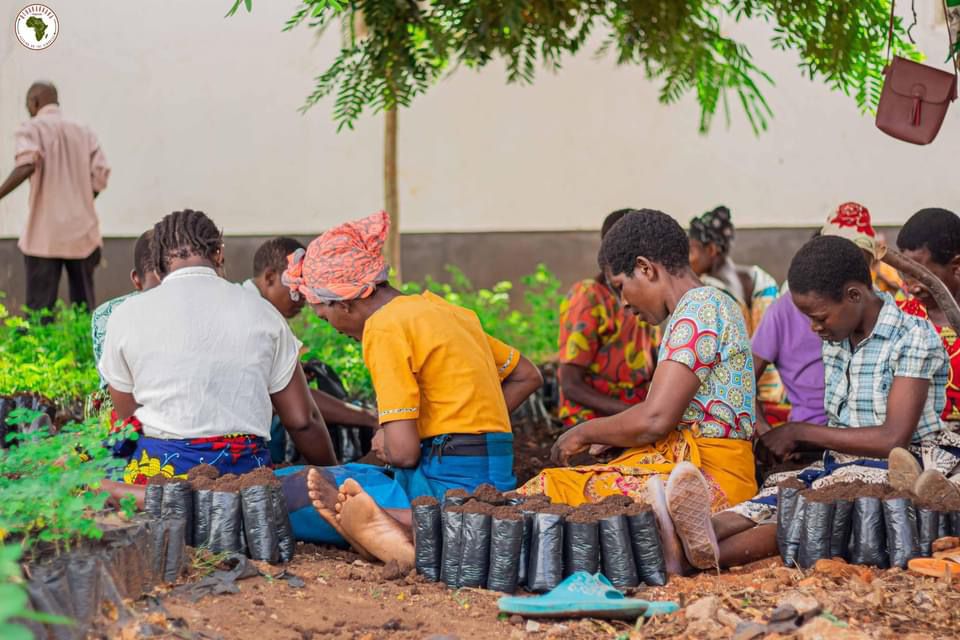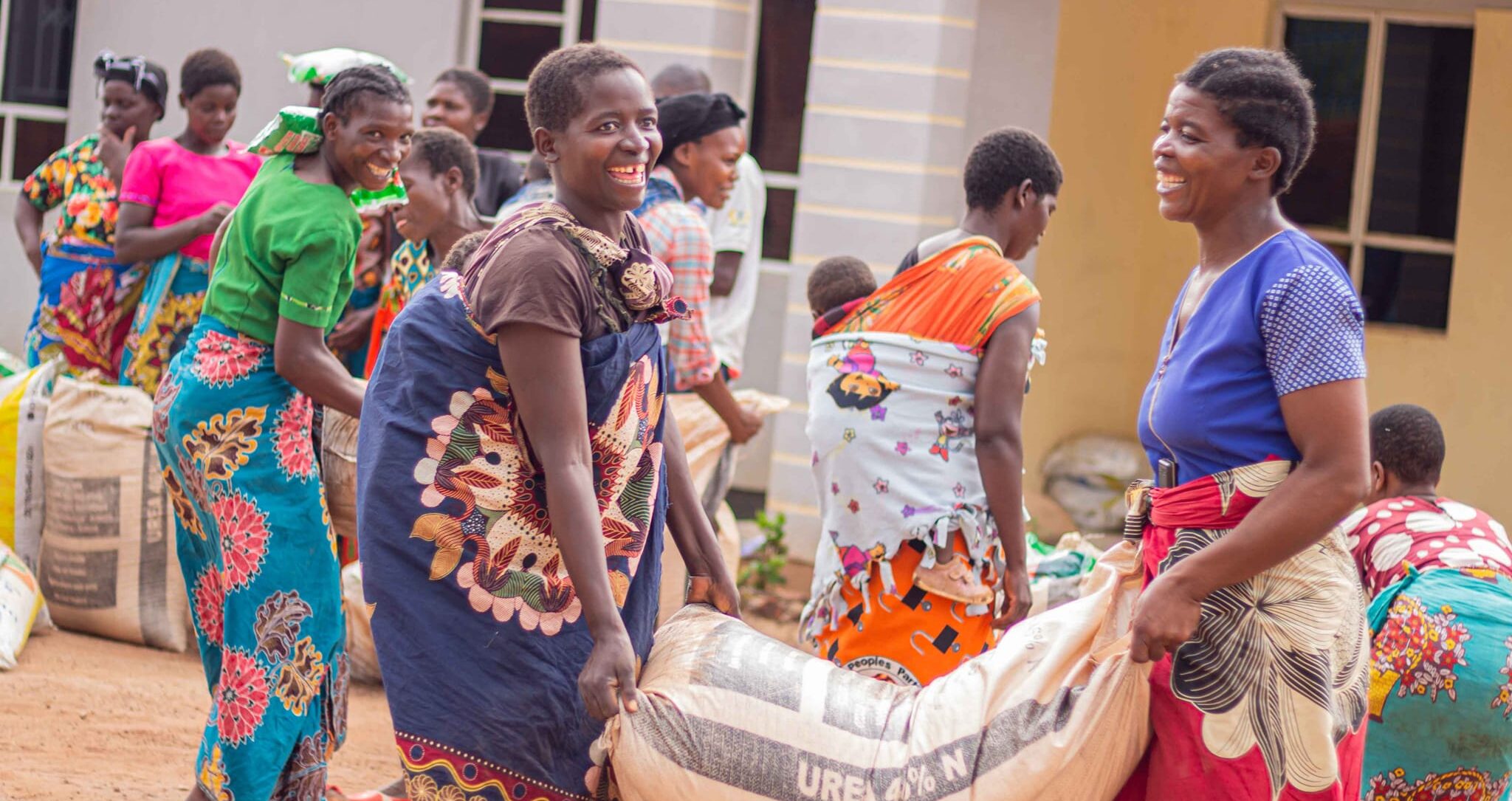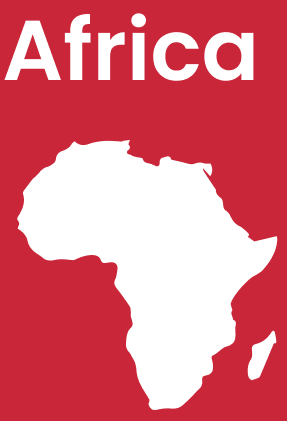"Passing on the kindness is transforming communities in Malawi."
Reforestation efforts and agricultural support to ensure families have enough to eat.

A collection of trees and a rocket stove can spare a young girl up to 4 hours of walking per week and slow the deforestation in Malawi.
Our program equips vulnerable small-scale farmers and their dependents with essential resources for sustainable agriculture, aiming to eliminate persistent hunger by fostering self-sufficiency and increased food production.

Passing on the kindness is transforming communities in Malawi.

Othakarhaka Foundation Chitakale-Phalombe road near Chambe Secondary school P.O Box 150, Mulanje, Malawi Call: +265881 15 35 13 Email: info@othakarhakafoundation.mw
Stay up to date with Othakarhaka
© 2012-2025 Othakarhaka Foundation. All Rights Reserved.

Girls are traditionally responsible for fetching firewood for cooking. The trees they need are a 4 hour walk from their homes, and they keep receding. Over 90% of trees in Malawi have been cut down, which is unsustainable with the growing population.
We started this initiative to bring the resources closer to girls’ homes and replenish the Malawian forests. Since the inception of this project in 2014, thousands of trees have taken root in every village we serve: 57 communities and growing.
Volunteers also teach community members to construct rocket stoves with 12 bricks. A typical cooking system will use the collected firewood in just one week. With a rocket stove, the same collection can last up to 6 weeks, saving hours of walking and thousands of trees.
To pass on the kindness, scholarship recipients and volunteers participate in tree planting and continue to care for the forests planted in their villages. Call to action: Help us replenish our community forests. Get involved with this project here.

Our initiative addresses food insecurity among small-scale farmers, providing them with the necessary resources to enhance productivity. We supply vital farming inputs—such as fertilizers, hybrid maize seeds, sweet potatoes, pigeon peas, and beans—to enable these farmers to increase food production sustainably. By fostering both rain-fed and irrigation-based agriculture, our goal is to eradicate the persistent hunger seasons that afflict many communities.
The program specifically supports farmers who not only look after their own families but also care for orphans. By equipping them with essential agricultural resources, we aim to empower them to achieve sustainable yields and become self-sufficient, reducing their reliance on external aid from Othakarhaka Foundation. With OTK’s support, farmers can sustain and expand their yields independently, eliminating the need for further assistance from OTK.